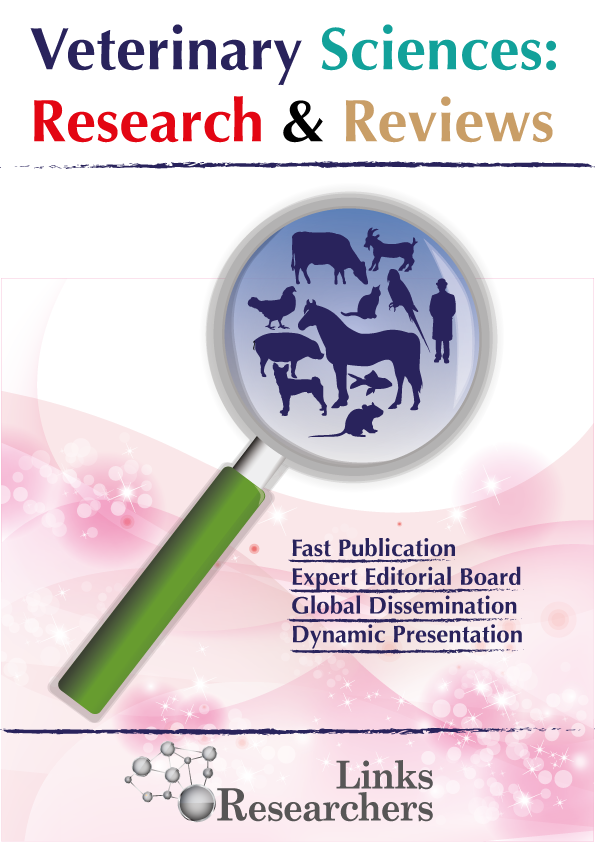The Effect of Colostrum Feeding Quantities on Calf Immunity and Health
The Effect of Colostrum Feeding Quantities on Calf Immunity and Health
Samin Ullah1, Huma Rizwana1, Abdul Kabir1,2*, Atique Ahmed Behan1, Muhammad Naeem1, Ghulam Shabbir Barham1, Abdul Hafeez Bukero1, Anees ur Rahman1, Naseeb Ullah1 and Shafiq ur Rahman Shah1
ABSTRACT
This study aimed to investigate the impact of colostrum feeding quantity on the immunity and health of crossbred Holstein Friesian calves. Fifteen calves were divided randomly into three groups (A, B, and C) and given 3, 3.5, and 4 liters of colostrum, respectively, within 30 minutes of birth. After the colostrum feeding, the calves were fed a calf starter ration and milk for 55 days. The study found that the group C calves, which received 4 liters of colostrum, had higher body weight, average daily weight gain, and total weight gain than groups A and B. Additionally, the total feed intake, average daily feed intake, total serum protein, and serum antibody IgG levels of group C were also higher than those of groups B and A. The study also found that two calves in group A, one calf in group B, and one calf in group C had health issues such as diarrhea and pneumonia. The findings suggest that providing 4 liters of colostrum to crossbred Holstein Friesian calves within 30 minutes of birth can improve their immunity and health. This study provides evidence for farmers to consider increasing colostrum feeding quantity in their management practices to improve the health and growth performance of their calves. Information aids farmers raising crossbred Holstein Friesian calves; cut vet expenses, boost calf productivity, and increase profitability. Overall, this study highlights the importance of adequate colostrum feeding in the early life of calves, which has significant implications for their long-term growth and development.
To share on other social networks, click on any share button. What are these?





